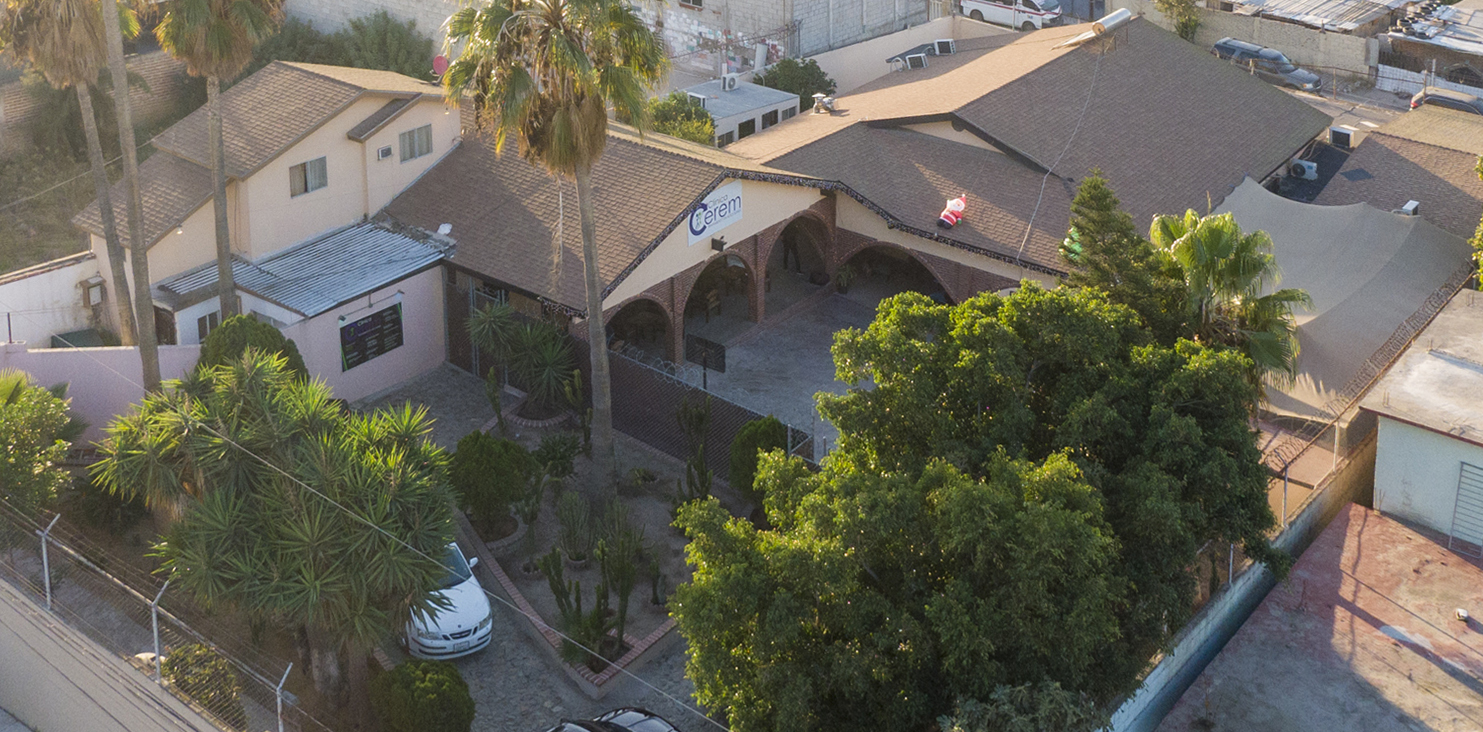Involuntary commitment rehabilitation is an approach used in specific cases where an individual faces serious addiction or mental health problems and poses a significant risk to themselves or others. This type of rehab involves the person being placed in a specialized facility without their consent in order to receive professional treatment and care.
Some key aspects of lockdown rehab include:
Medical evaluation and decision
Before proceeding with involuntary commitment, a thorough assessment is conducted by mental health professionals to determine the need for this type of intervention. The decision to involuntarily commit someone is generally made when the person is deemed to be at imminent risk and unable to make informed treatment decisions.
Legislation and legal procedures
In many countries, laws regulate the involuntary commitment process to protect the rights of individuals. Generally, the involvement of physicians, family members or other authorities is required to carry out this procedure, and there are specific timeframes for reviewing and renewing commitment status.
Environment and Treatment
Rehabilitation centers that conduct involuntary seclusion typically offer a safe and structured environment where a variety of treatment services are provided, which may include individual and group therapy, medication management, recreational activities, and mental health and addiction education.
Duration and follow-up
The length of involuntary commitment varies depending on individual needs and response to treatment. After an initial period of stabilization, a discharge plan may be worked out that includes continued follow-up through outpatient therapy or other community support services.
Ethical approach and patient rights
Although involuntary commitment involves a temporary restriction of freedom, rehabilitation centers are obligated to respect patients’ rights and dignity at all times. This includes providing clear information about treatment, respecting the confidentiality of medical information, and ensuring an environment free from abuse or neglect.
CEREM Rehabilitation Center offers a range of specialized services aimed at helping individuals struggling with addiction and mental health disorders. In some cases, rehabilitation involves involuntary seclusion as part of a comprehensive approach to recovery. This process can be controversial, as it involves temporarily restricting patients’ freedom. However, in situations where there is an imminent risk to the safety of the individual or others, as well as when the person is unable to make informed decisions about their treatment, involuntary seclusion may be necessary to stabilize their condition and provide needed care. At CEREM, involuntary seclusion is carried out under strict medical supervision and with the goal of ensuring the patient’s safety and well-being while providing the support and therapy needed to begin their journey to recovery. This approach is applied with sensitivity and respect for the dignity and rights of each individual, always with the ultimate goal of helping them achieve a healthier and fuller life.

